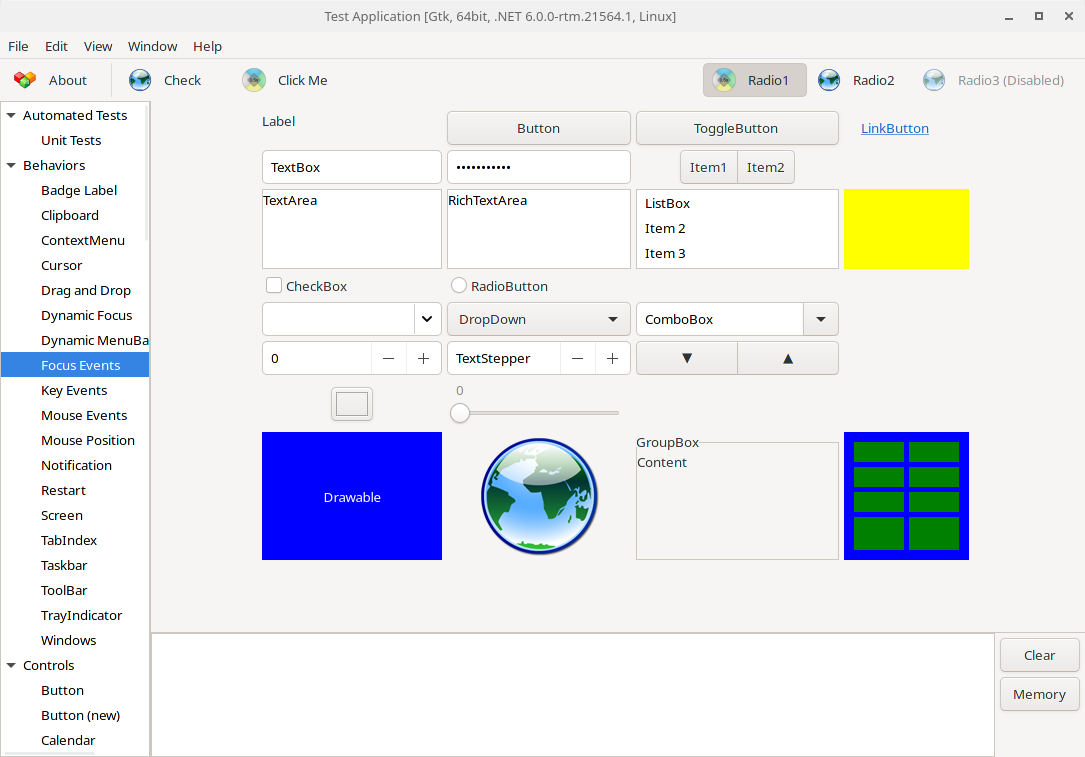Day5
反转链表
link:206. 反转链表 - 力扣(LeetCode)
思路分析
与数组不同,链表没必要定义新的链表进行存储【对内存空间的浪费】
直接改变next指针即可.
注意头节点指向的下一个节点为null
双指针法
class Solution {
public ListNode reverseList(ListNode head) {
//双指针操作
ListNode prev = null;
ListNode cur = head;
//记录节点
ListNode temp = null;
while(cur != null) {
temp = cur.next;//保存下一个节点
cur.next = prev;
//赋值之后整体向后移动
//注意先移动prev 不如cur已经移动后记录不到prev新的位置
prev = cur;
cur = temp;
}
return prev;
}
}
递归法
和双指针法是一样的逻辑【升华版】
class Solution {
public ListNode reverseList(ListNode head) {
//prev -> null 初始化 head反转的第一个节点 启动反转操作
return reverse(null, head);
}
private ListNode reverse(ListNode prev, ListNode cur) {
if(cur == null) {
return prev;
}
ListNode temp = null;
temp = cur.next;
cur.next = prev;
//更新prev和cur的位置
return reverse(cur,temp);
}
}
//从后向前递归
class Solution{
ListNode reverseList(ListNode head) {
//边缘条件判断
if(head == null) return null;
if(head.next == null) return head;
//递归调用 翻转头节点之后的链表
ListNode last = reverseList(head.next);
//翻转头节点之后链表的指向
head.next.next = head;
//此时的head节点为尾节点, next需要指向null
head.next = null;
return last;
}
}
两两交换链表中的节点
link:24. 两两交换链表中的节点 - 力扣(LeetCode)
思路分析
注意在交换之前要先存储需要的值
递归
class Solution {
public ListNode swapPairs(ListNode head) {
if(head == null || head.next == null) {
return head;
}
ListNode next = head.next;
//进行递归
ListNode newNode = swapPairs(next.next);
//交换
next.next = head;
head.next = newNode;
return next;
}
}
虚拟头节点

我们想实现的是1和2交换,3和 4交换,此时很难不想到借用中间变量实现,不用递归实现【每次单独处理头节点】更优雅.
注意5后面是空指针就不用交换
判断next.next不为空是为了防止空指针异常
class Solution {
public ListNode swapPairs(ListNode head) {
ListNode dummy = new ListNode(0);
dummy.next = head;
ListNode prev = dummy;
while (prev.next != null && prev.next.next != null) {
ListNode temp = head.next.next; // 缓存 next
prev.next = head.next; // 将 prev 的 next 改为 head 的 next
head.next.next = head; // 将 head.next(prev.next) 的next,指向 head
head.next = temp; // 将head 的 next 接上缓存的temp
prev = head; // 步进1位
head = head.next; // 步进1位
}
return dummy.next;
}
}
p
prev = head; // 步进1位
head = head.next; // 步进1位
}
return dummy.next;
}
}



















